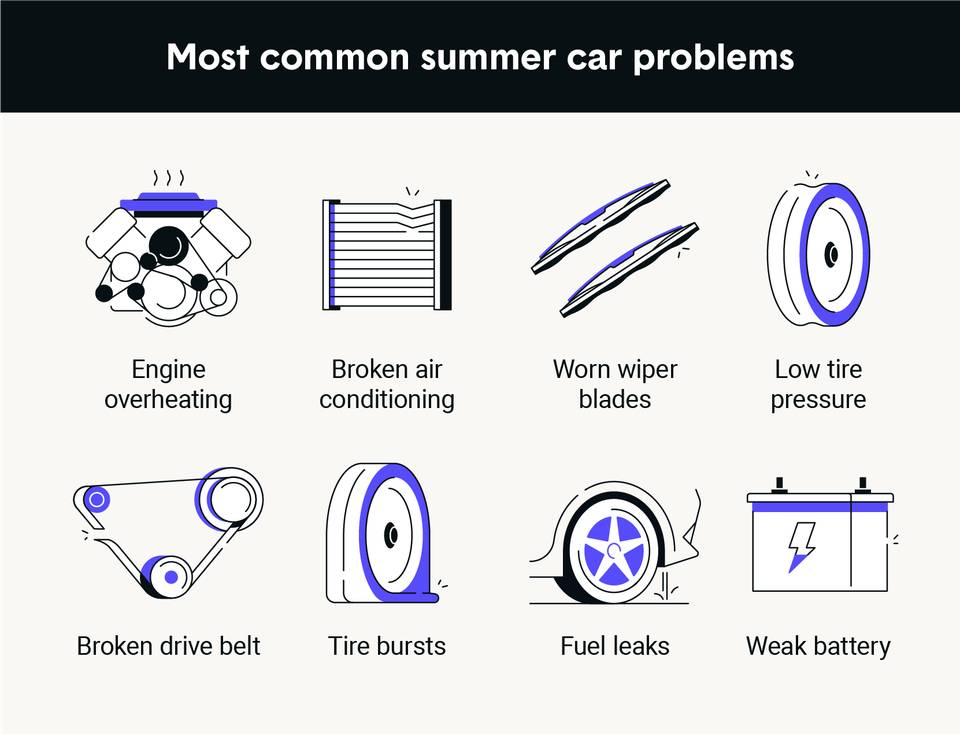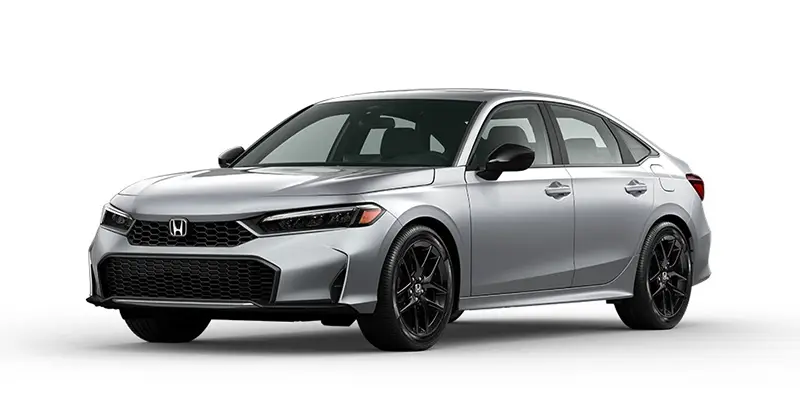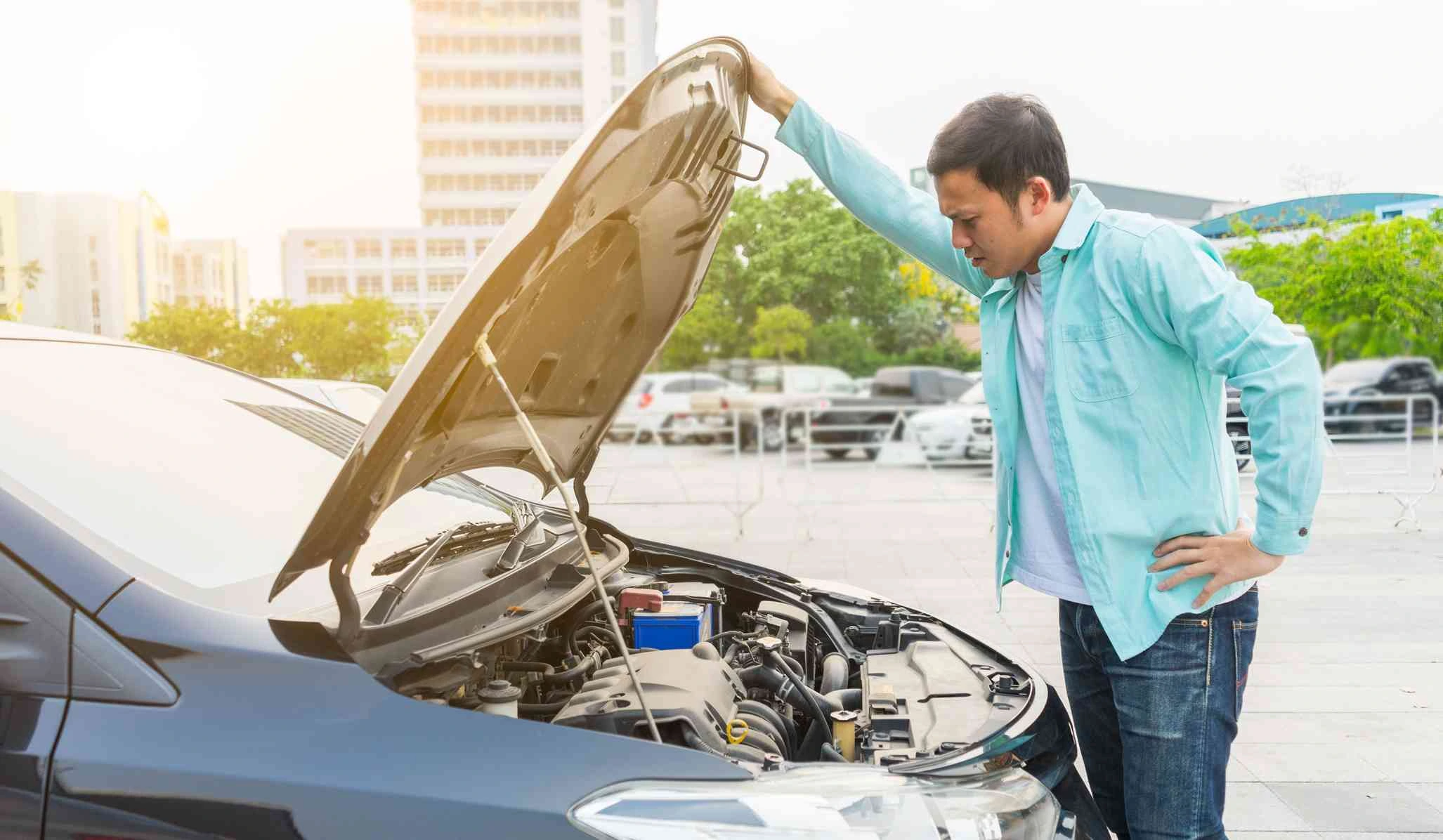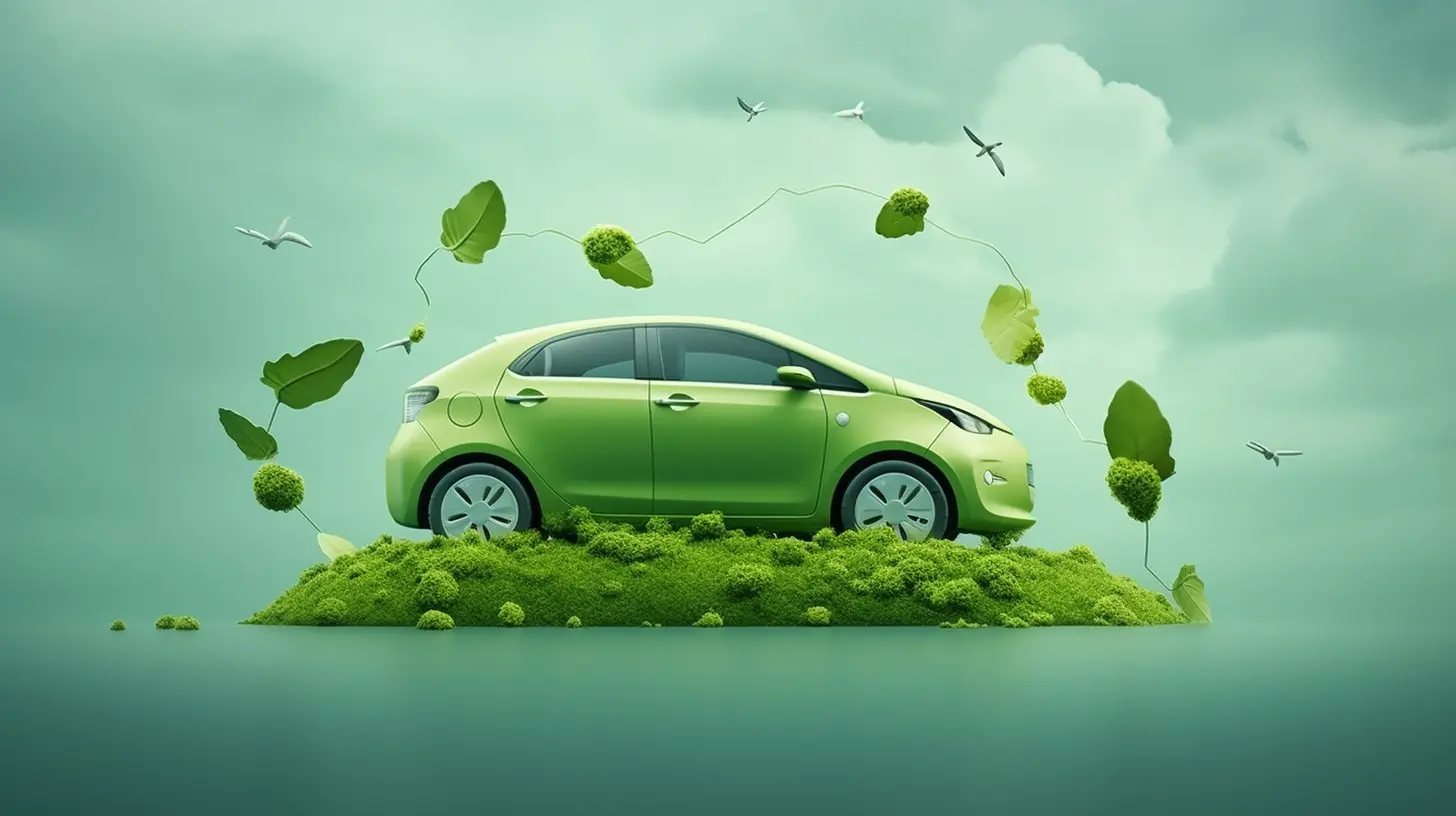During the summer months, the weather is perfect for taking road trips, having drive-ins, and unfortunately, having problems with your vehicle. How come? Heat of an extreme kind may be detrimental to the most vital components of your vehicle. We are here to assist you in making the most of the summer season in a secure manner, thus, if your summer schedule is packed with vacations and excursions to the beach.
In order to safeguard your vehicle, yourself, and the people you care about over the summer, it is important to make sure that you are a little bit more prepared than usual this season. Keep reading as we provide a list of twelve essential automobile maintenance advice for the summer season.

1. Test the AC
In the summer, air conditioning is a good companion for the heat. Your vehicle's air conditioning system should be in good operating order as the temperature begins to rise. It is possible that you did not use your air conditioner throughout the winter or spring, therefore it is important that you test it before the summer season begins.
If you switch on your air conditioner and find that it is producing hot air, a simple solution might be to charge the refrigerant, often known as Freon.You may give your air conditioning system a boost by adding refrigerant to your vehicle. In the event that this does not solve the issue, a qualified auto technician should be able to identify and handle the situation.
2. Check your tires’ air pressure
A possible cause of damage to your tires is the winter weather conditions. Because of this, you should be sure to check the pressure in your tires before embarking on any lengthy road journeys this summer. When checking the pressure in your tires, you should be on the lookout for any indications that your tires are either underinflated or overinflated. PSI stands for pounds per square inch, and the recommended tire pressure for the majority of passenger automobiles is between 30 and 35 percent. When in doubt, consult the owner's handbook of your vehicle to get the specifications about the pressure range that your tires should be operating inside.
Maintaining the correct tire pressure might help avoid a tire blowout or a flat tire. Making sure that your tires have the appropriate amount of air in them will also help you get the most out of your gas economy on those lengthy vehicle drives.
While you are doing it, it is also a good idea to check the air pressure of your spare tire to ensure that it will be able to function as a dependable alternative in the event of an emergency.
3. Top off engine fluids
Seasonal weather shifts can often lead to low engine fluids as they tend to thin or even evaporate in warm temperatures. When summer comes around, you’ll want to top off your transmission fluid, power steering fluid, coolant and windshield wiper fluid.
Coolant fluid is particularly important to check during the summer months, as its job is to keep your car’s engine from overheating. Follow these steps to check your car’s coolant level:
- Open the hood
- Locate the coolant reservoir and undo the cap
- Check the coolant level shown by indicator lines on the reservoir
- If the indicator lines reveal that the coolant is too low, add the appropriate amount of coolant to the reservoir
- Reattach the cap
If you’re not comfortable checking the coolant levels, or any other engine fluids, your nearest mechanic can help you top everything off.
4. Get your oil & filter changed
Increasing the lifetime of your car may be accomplished in a number of straightforward methods, one of which is regularly changing the oil and filter. Your engine is protected from wear and tear by oil lubricants, and the oil filter helps remove pollutants from the engine oil in your vehicle for optimal performance.
It is not difficult to change your oil. The failure to do this repair on a regular basis, on the other hand, may result in expensive oil issues for your vehicle, such as the accumulation of particles that can cause the engine's components to wear out. As a general rule of thumb, you should change your oil every 5,000 miles or follow the instructions for oil maintenance that are provided by your vehicle's manufacturer.
5. Test your brakes
Coming off of the harsh winter weather, it’s important to monitor your car’s brake performance. You rely on your brakes every time you drive, so it’s a good idea to do regular brake tests not only in the summer months, but year-round.
Other than the obvious red flag of poor stopping performance, you’ll want to listen for squealing or growling sounds when testing your brakes. You’ll also want to check for brake pulling, or if your vehicle pulls to one side when you press the brake pedal. If you notice any of these poor performance signs, it’s time for an inspection and potentially a repair.
6. Replace windshield wipers
While you are behind the wheel, it is essential that you adhere to the obligation of maintaining visibility. Your ability to see properly out of your windshield during the summer months may be hindered by dust and pollen particles, as well as by the brightness of the sun alone. It is imperative that you examine the efficacy of your windshield wipers and eliminate anything that might potentially reduce your visibility. At the conclusion of each season, it is a good idea to inspect or replace the windshield wipers on your automotive vehicle.
In addition to this, check to see that your light beams are not being obscured by pollen or any other particles. In order to guarantee that you are able to see well at night, in the rain, or in any other situations that may impair your sight from the driver's seat, you should immediately replace your headlights if they seem to be dim or weak.
7. Routinely clean or replace air filters
Your car’s air filters have a very important role, especially in the summer. They keep pollutants from coming in through the vents — which is critical during warmer months or seasons with high pollen counts. Not to mention, using an old filter can lead to problems with your air conditioning system.
Replacing your full AC unit can cost anywhere from $1,000 to $4,000, so routinely maintaining your air filter’s quality is both important and cost-effective. It’s best to change your air filter every 12 months or 12,000 miles, or according to your manufacturer’s recommendations.
8. Clean your car
Maintaining a clean inside and outside of your vehicle is not only beneficial to your mental health, but it also makes excellent financial sense in the long and short term. Plastics, food, and other waste that has been left inside your vehicle may be melted by high temperatures, which can also cause damage to the inside of your vehicle, which may need an expensive repair fix.
In addition, maintaining a clean exterior may shield the paintwork from the harmful effects of the sun's rays, as well as any damage that may be caused by insects or birds.
.png)










